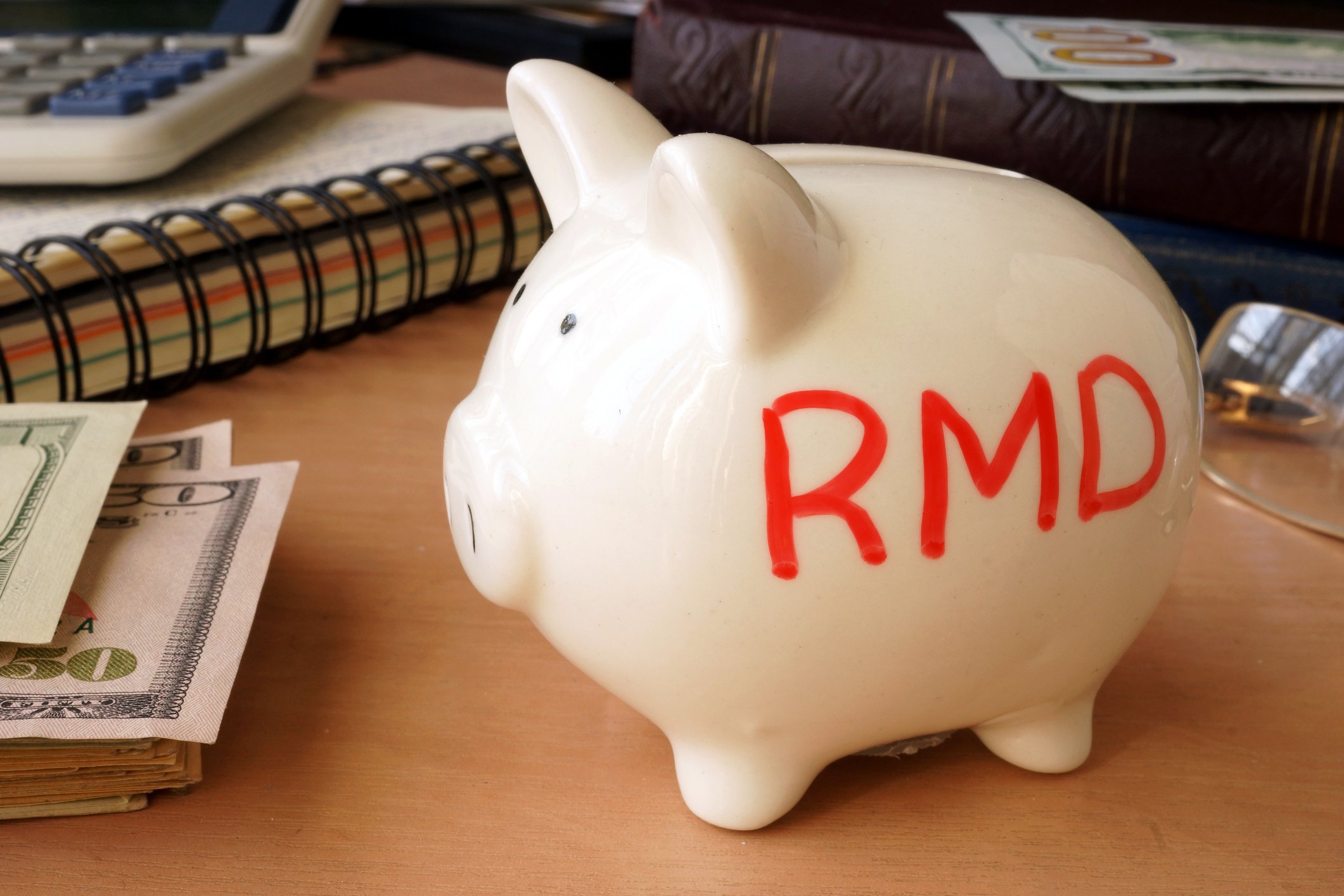Deciding when to begin taking Social Security is probably the most important decision seniors will make. Aside from the fact that Social Security keeps more than 15 million retired workers out of poverty each and every month, the program provides 62% of retired workers with at least half of their monthly income.
Though there are more than a half-dozen variables that determine how much you'll net from Social Security, it's your decision of when to begin taking benefits that often has the biggest impact on your monthly and/or lifetime income from the program. That's because, beginning at age 62, your benefit begins growing for each year you hold off on taking it, up until age 70. All factors being equal, such as work history, earnings history, and birth year, a senior claiming benefits at age 70 can earn as much as 76% more per month than someone claiming their payout at age 62.

Image source: Getty Images.
In some instances, taking your benefit early can make a lot of sense. For example, if you're in poor health or are a substantially lower-earning spouse, an early claim could be a smart move. For those in poor health, it'll likely allow you to maximize your lifetime benefits, in spite of the permanent monthly payout reduction. Meanwhile, lower-earning spouses who claim early can help generate some household income while the higher-income spouse's payout grows over time.
But there are a handful of instances where an early Social Security claim, say at age 62, is an absolutely terrible idea.
1. You believe Social Security won't be there for you when you retire
First of all, if you're considering filing for Social Security early because you believe the Social Security program is going to go bankrupt or will fail to deliver you a monthly payout during retirement, you might want to rethink things.
Although Social Security is facing a $13.9 trillion estimated cash shortfall between 2035 and 2093, according to the latest Social Security Board of Trustees report, and is expected to completely exhaust its $2.9 trillion in asset reserves by 2035, it's in absolutely no danger of insolvency. In fact, Social Security can, in theory, continue to make payouts forever without a dime in its asset reserves.
The secret? Two out of three of Social Security's funding sources are recurring. While it's true that the interest income the program is currently generating on its asset reserves could go away in about 15 years' time, the 12.4% payroll tax on earned income and the taxation of benefits will continue to be collected as long as Americans keep working. Unless Congress changes how Social Security is funded, these two sources of revenue, which collectively accounted for 92% of the $1 trillion in income last year, will ensure that there's always money that can be distributed each month to retired workers.

Image source: Getty Images.
2. You have little or nothing saved for retirement
Another terrible reason to consider claiming Social Security benefits early is if you have little or nothing saved for retirement. If you've been out of work for a while and have no other sources of income, that's one thing. But if you're capable of working, have little or nothing saved for retirement, and decide to claim your payout early, you're probably going to be sorely disappointed with the results.
As a reminder, claiming at age 62 means accepting a permanent reduction to your monthly payout of between 25% and 30%, depending on your birth year. If you have virtually nothing saved for retirement and take your benefit early, you'll be forced to live on this permanently reduced income stream for the remainder of your life.
And it gets worse.
Even though Social Security passes along an annual cost-of-living adjustment (COLA) to its beneficiaries, an analysis from The Senior Citizens League finds that the purchasing power of Social Security dollars has declined by 33% since the year 2000. Not only will your payout be permanently reduced by claiming early, but your purchasing power on this reduced payout is expected to continue dwindling. That's a double whammy.

Image source: Getty Images.
3. You want to double-dip on your income
It would also be a bad idea to claim Social Security at age 62 solely for the purpose of double-dipping on income. In other words, to collect your payout while simultaneously earning a wage or salary from your job.
Social Security has a number of built-in rules, and arguably one of the most annoying is the retirement earnings test. The retirement earnings test allows the Social Security Administration to withhold some or all of your benefits if you haven't reached your full retirement age (66 to 67, for most Americans) and your earn more than set income thresholds.
For example, early claimants who won't reach their full retirement age in 2020 will only be allowed to earn up to $18,240 ($1,520 a month) before withholding kicks in. For every $2 in earnings above this threshold, $1 in benefits can be withheld by the SSA. If 2020 is the year you'll reach your full retirement age, the threshold increases to $48,600 a year ($4,050 a month), with $1 in benefits being withheld for every $3 in earned income above this level. Note, the retirement earnings test does not apply once you've reached your full retirement age, regardless of claiming age.
Even with recipients getting their withheld benefits back in the form of a higher payout once they reach their full retirement age, it's simply not a hassle or surprise most folks should want to deal with.





